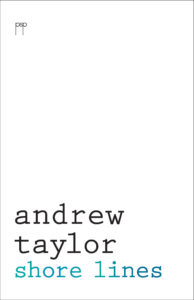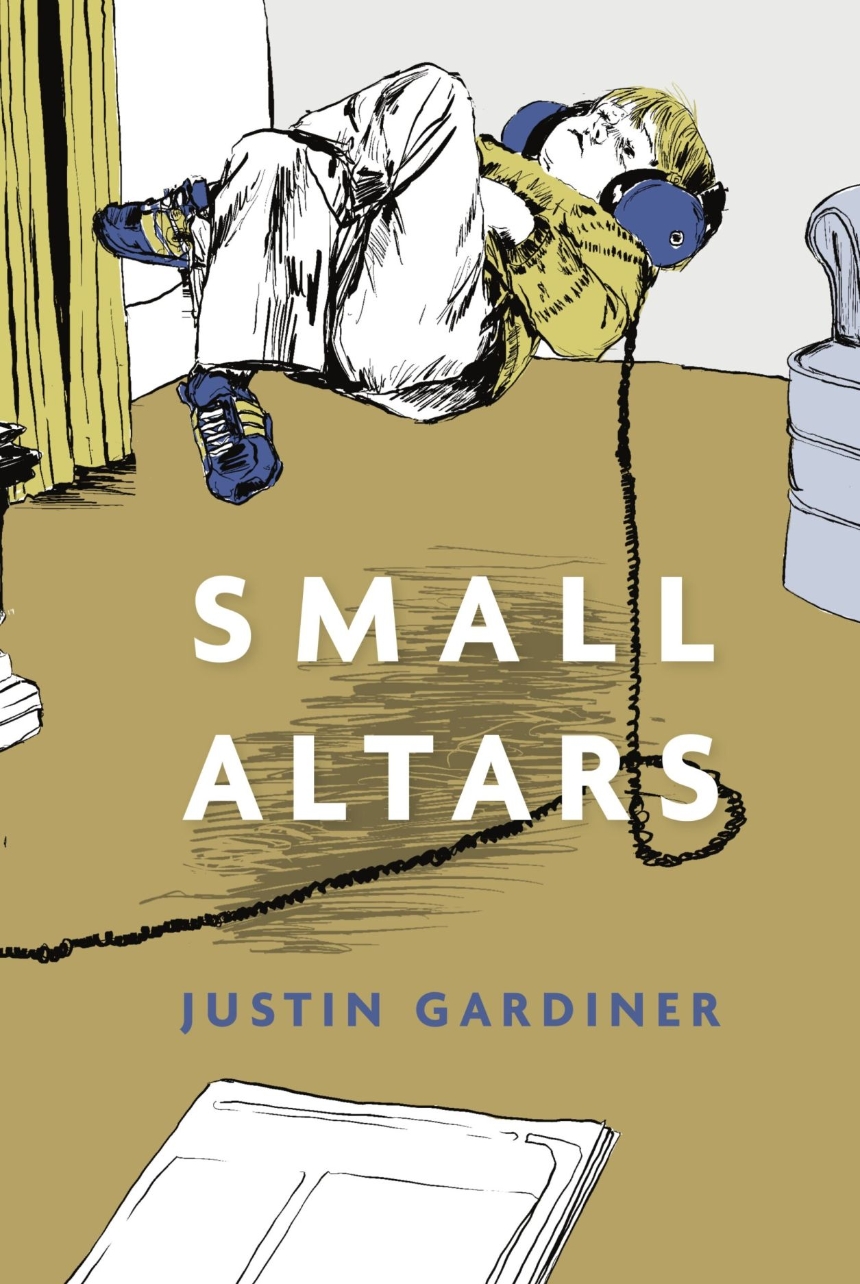 The short book is beautifully written and visually arresting, combining memoir, imagery, fiction, poetry, and the linking of two very different lives that meld and weave together like the names they give themselves – Hessian and Muslin.
The short book is beautifully written and visually arresting, combining memoir, imagery, fiction, poetry, and the linking of two very different lives that meld and weave together like the names they give themselves – Hessian and Muslin.
Category: Poetry Reviews
A review of The Hand of Fate: a review of Unbound by Sinead McGuigan
 Every story, every journey has a beginning, a middle, and an end. So with this fine book of poems. Its end is a reaching out. To whom? Herself, to other women, to humanity.
Every story, every journey has a beginning, a middle, and an end. So with this fine book of poems. Its end is a reaching out. To whom? Herself, to other women, to humanity.
Boxed in to Today: A review of Apartmentalized by Dan Flore II
 Paradoxically, the poet is at home and not at home, as alienated from himself as he is from his apartment and the complex of apartments in these poems. As a sequence they have a structure of irony. The poet’s self-conflict is expressed in his descriptions of neighbors and people who work at the complex.
Paradoxically, the poet is at home and not at home, as alienated from himself as he is from his apartment and the complex of apartments in these poems. As a sequence they have a structure of irony. The poet’s self-conflict is expressed in his descriptions of neighbors and people who work at the complex.
A review of Shore Lines by Andrew Taylor
 In all of Taylor’s poems the imagery is rich and detailed. Some of the poems take reflective turns, with themes of nostalgia and memory, often juxtaposing the strength of nature with human vulnerability and the persistence of memory.
In all of Taylor’s poems the imagery is rich and detailed. Some of the poems take reflective turns, with themes of nostalgia and memory, often juxtaposing the strength of nature with human vulnerability and the persistence of memory.
Cherry Blossoms Outside the Madhouse: A review of Splinter of the Moon by Wayne Russell
 Throughout, and within the poet, there is the ideal and the real. Often the real falls short, but sometimes as in “Room,” “That Defining Moment,” and “That Poem for Her” the real is on an equal plane with the ideal. While there are dream images in poems, there is also reality, the reality of the poet being honest with himself and his readers.
Throughout, and within the poet, there is the ideal and the real. Often the real falls short, but sometimes as in “Room,” “That Defining Moment,” and “That Poem for Her” the real is on an equal plane with the ideal. While there are dream images in poems, there is also reality, the reality of the poet being honest with himself and his readers.
A review of Days of Grace and Silence by Ann E. Wallace
 Days of Grace And Silence, Ann E. Wallace’s profoundly moving and necessary poetry collection on living through Long Covid, makes us remember the things we may want to forget. And how important it is not to forget, as she writes, I fight to remember the story/ of me. Even though each of our stories are different, Wallace’s poems shed light on our own.
Days of Grace And Silence, Ann E. Wallace’s profoundly moving and necessary poetry collection on living through Long Covid, makes us remember the things we may want to forget. And how important it is not to forget, as she writes, I fight to remember the story/ of me. Even though each of our stories are different, Wallace’s poems shed light on our own.
A review of earthwork by Jill Khoury
 horse is a metaphor. It represents inner self, yearning for movement, kindness, courage, grace, leadership. There has to be trust and respect between the master and the friendly beast, a delicate line representing boundaries. It is a mirror that reflects the environment and also treatment of the master towards one’s horse. There is mystery in that amazing hard-earned trust.
horse is a metaphor. It represents inner self, yearning for movement, kindness, courage, grace, leadership. There has to be trust and respect between the master and the friendly beast, a delicate line representing boundaries. It is a mirror that reflects the environment and also treatment of the master towards one’s horse. There is mystery in that amazing hard-earned trust.
A review of Homelight by Lola Haskins
 Elegant in their refined, fluent use of words and eloquent in their visions and messages, these are luminous poems. While some poems are nearly haiku-short, others contain many stanzas, yet all resonate with beguiling, stirring words from a poet with a close connection to the natural world and an intense perceptiveness.
Elegant in their refined, fluent use of words and eloquent in their visions and messages, these are luminous poems. While some poems are nearly haiku-short, others contain many stanzas, yet all resonate with beguiling, stirring words from a poet with a close connection to the natural world and an intense perceptiveness.
A review of Turn Up the Heat by Ruth Danon
 Light and heat serve as central metaphors for comfort. They represent the warmth Danon so desperately craves as an antidote to the cold she fears. Her fear is deeply rooted in the uncertainty and anxiety that accompany illness and hospitalization.
Light and heat serve as central metaphors for comfort. They represent the warmth Danon so desperately craves as an antidote to the cold she fears. Her fear is deeply rooted in the uncertainty and anxiety that accompany illness and hospitalization.
A review of Small Altars by Justin Gardiner
 While the reader gets a sense of the arc of Aaron Gardiner’s life, Small Altars is written in short, episodic passages, jumping back and forth in time, some describing family scenes, others expository discussions of medical conditions, from schizophrenia to various cancers, the elements of comic book composition (both “on the page” and in conception as character and plot), biographical descriptions of various historical personalities – Claude Debussy, Arthur Rimbaud, Paul Verlaine, Georges Remi among them – and more.
While the reader gets a sense of the arc of Aaron Gardiner’s life, Small Altars is written in short, episodic passages, jumping back and forth in time, some describing family scenes, others expository discussions of medical conditions, from schizophrenia to various cancers, the elements of comic book composition (both “on the page” and in conception as character and plot), biographical descriptions of various historical personalities – Claude Debussy, Arthur Rimbaud, Paul Verlaine, Georges Remi among them – and more.